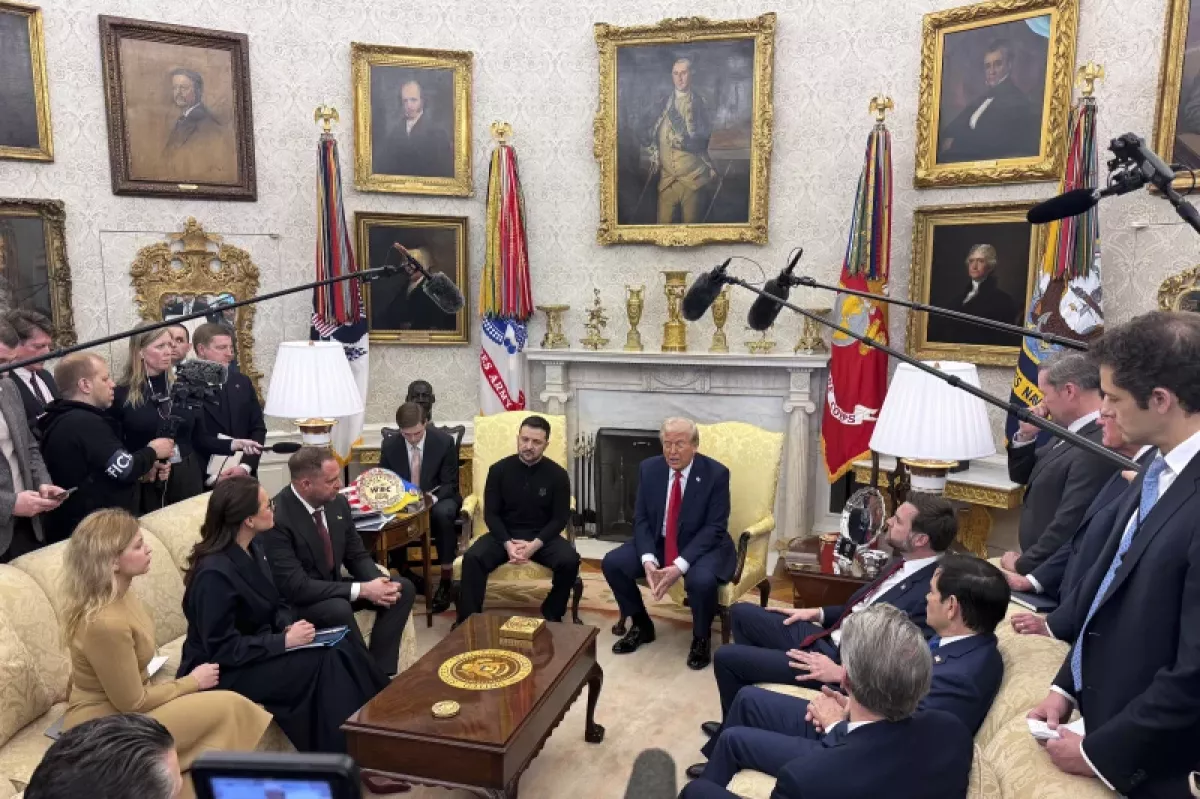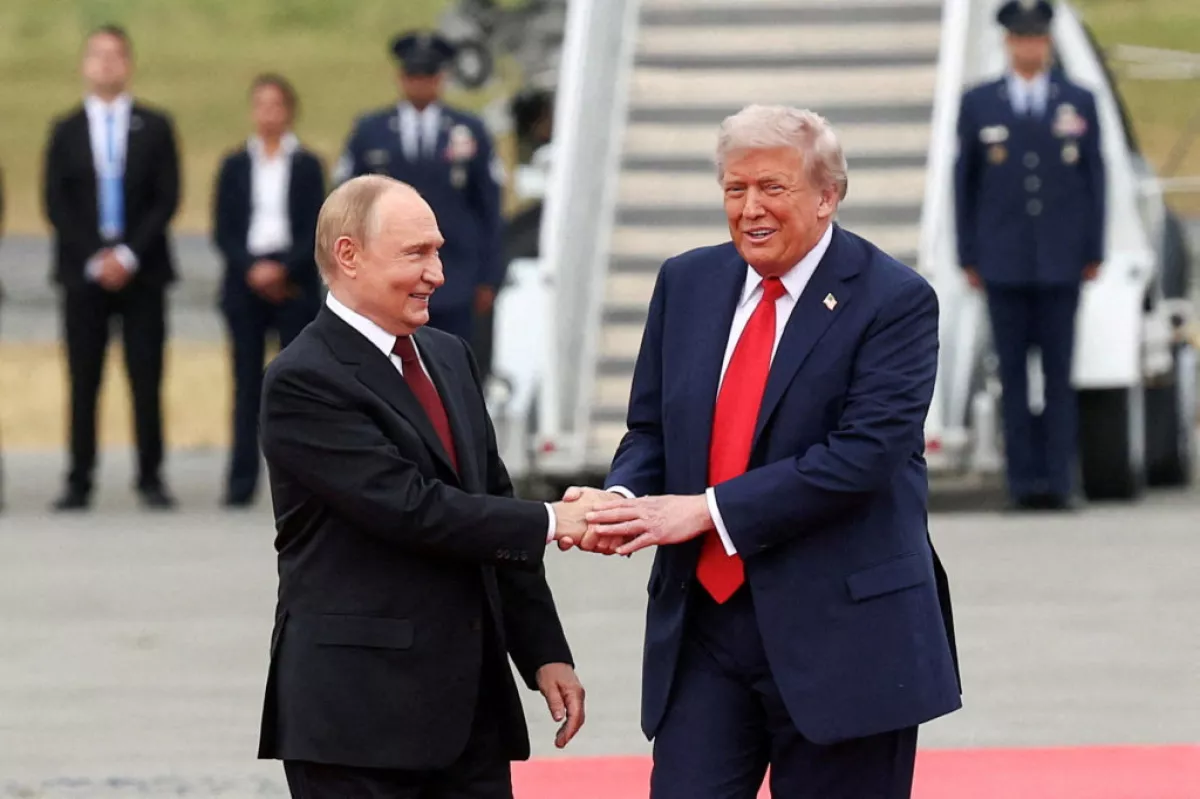Why Putin may never sit down with Zelenskyy
Despite fresh signals from Washington that a direct meeting between Russian President Vladimir Putin and his Ukrainian counterpart Volodymyr Zelenskyy could be the next step in peace efforts, Moscow has poured cold water on the idea.
Kremlin aide Yury Ushakov said following President Donald Trump’s call with Putin that discussions centred on “raising the level of representatives” of the two sides, Caliber.Az reports per CNN.
He did not refer to a possible leaders’ summit. Foreign Minister Sergey Lavrov later told Russian state television that Moscow did not rule out bilateral or trilateral contacts but insisted that any meeting of top officials would require “utmost preparation” – a diplomatic formula widely seen as a postponement.
A fundamental obstacle
Analysts say Putin has little incentive to meet Zelenskyy. The Kremlin has long dismissed the Ukrainian president’s legitimacy, describing Kyiv’s leadership as a “regime” and repeatedly questioning the legality of elections postponed under martial law.
Accepting direct talks would represent a dramatic shift in tone for Putin, who has portrayed Ukraine as a Western puppet state and its president as “illegitimate.” As Orysia Lutsevich of Chatham House told the BBC, such a meeting would be framed domestically as “a defeat” for a leader who has spent years delegitimising his counterpart on state television.
During previous rounds of negotiations, including talks hosted in Türkiye last year, Putin sent mid-level representatives while Zelenskyy attended in person – underlining the Kremlin’s reluctance to engage at the highest level.
Trump’s role
Washington has pushed for direct contact. Trump, who hosted Zelenskyy and other Western leaders at the White House this week, has portrayed himself as a broker of talks. On August 18, he announced on Truth Social that he had “begun the arrangements” for a Putin–Zelenskyy meeting, but by the following day conceded that it was “up to them” to proceed.

Tatiana Stanovaya of the Carnegie Russia Eurasia Centre said Moscow sees the conflict less as a bilateral war and more as a confrontation with the West. Putin, she argued, could meet Zelenskyy only if Kyiv agreed to discuss Russia’s core demands, including recognition of territory Ukraine still controls – something Zelenskyy has so far rejected.
“Trump is viewed in Moscow as the key to pushing Kyiv towards concessions,” she added. The Kremlin may therefore propose reviving the Istanbul talks with a higher-level delegation, but without Putin himself.
Military pressure continues
For now, Russia shows no sign of easing military pressure. After briefly reducing drone strikes earlier this month, Moscow launched one of its heaviest bombardments in weeks on August 18 night, firing 270 drones and 10 missiles at Ukrainian cities.

Putin has faced few costs for refusing direct talks: he secured a high-profile summit in Alaska, avoided preconditions for a ceasefire, and has so far weathered the collapse of Western sanctions ultimatums.
The only uncertainty, observers say, is whether Trump will ultimately fault Moscow or Kyiv if the latest peace initiative stalls.
By Aghakazim Guliyev








